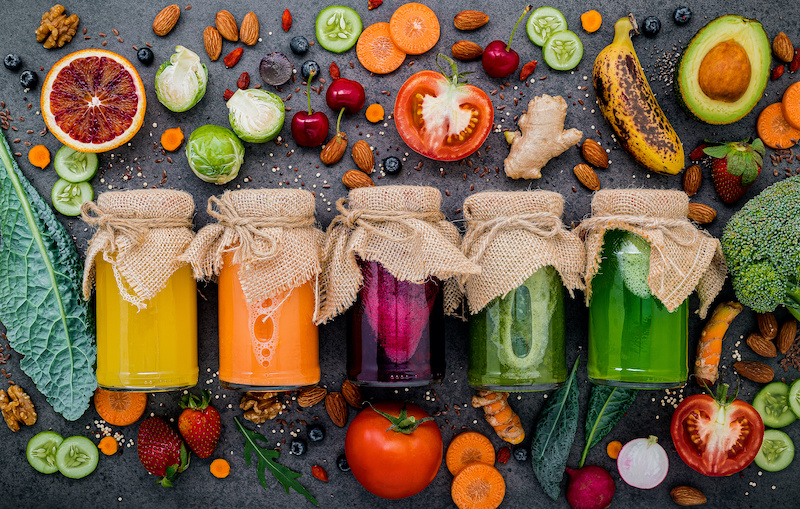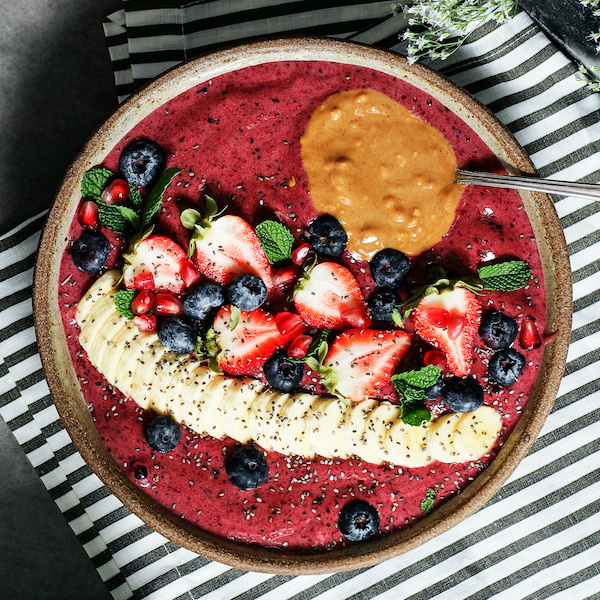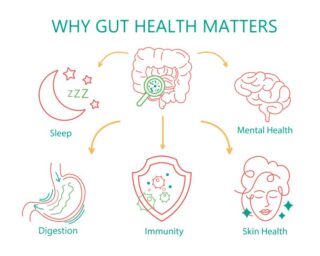The Power of Antioxidants: How They Protect Your Body from Free Radicals

Introduction
Antioxidants are vital compounds that help protect your body from oxidative stress caused by free radicals. These unstable molecules can damage cells and contribute to aging and the development of chronic diseases like cancer, heart disease, and diabetes. In this article, we’ll dive into the science of antioxidants, their health benefits, and the best foods to include in your diet to boost your antioxidant intake.
What Are Antioxidants?
How Free Radicals Are Formed:
- Free radicals are molecules with an uneven number of electrons. They are produced naturally during metabolism but can also come from external sources like pollution, UV radiation, and smoking.
What Are Antioxidants?
- Antioxidants are molecules that neutralize free radicals by donating an electron, preventing them from damaging cells. Your body produces some antioxidants naturally, but many come from your diet.
Health Benefits of Antioxidants
Protects Against Cellular Damage:
- By neutralizing free radicals, antioxidants protect your cells from oxidative damage, which can lead to inflammation, premature aging, and chronic diseases.
Supports Heart Health:
- Antioxidants like vitamin C, vitamin E, and flavonoids can help reduce the risk of heart disease by improving blood vessel function and reducing oxidative stress that leads to atherosclerosis.
Reduces Cancer Risk:
- Some antioxidants, like beta-carotene, selenium, and polyphenols, may help reduce the risk of certain cancers by preventing DNA damage caused by free radicals.
Boosts Immune Function:
- Antioxidants such as vitamin C and zinc play a key role in supporting immune health, helping your body fight off infections and recover faster.

Top Antioxidant-Rich Foods
Berries:
- Blueberries, strawberries, and raspberries are packed with anthocyanins, powerful antioxidants that help fight inflammation and protect against chronic diseases.
Dark Leafy Greens:
- Spinach, kale, and Swiss chard are excellent sources of vitamins A, C, and E, which are known for their antioxidant properties.
Nuts and Seeds:
- Almonds, walnuts, sunflower seeds, and flaxseeds are rich in vitamin E and selenium, both of which help protect cells from oxidative damage.
Green Tea:
- Green tea is rich in catechins, a type of antioxidant that helps reduce inflammation and supports heart health.
Dark Chocolate:
- Dark chocolate with a high cocoa content is loaded with flavonoids, which can improve heart health by reducing blood pressure and improving circulation.
How to Maximize Antioxidant Intake
Eat a Variety of Colors:
- The color of fruits and vegetables is often a sign of their antioxidant content. Aim to eat a colorful variety of produce to get a wide range of antioxidants.
Choose Whole Foods:
- Processed foods tend to have lower levels of antioxidants. Focus on whole, minimally processed foods for maximum benefits.
Drink Green Tea:
- Incorporating green tea into your daily routine is an easy way to boost your antioxidant intake.
Conclusion
Antioxidants play a crucial role in protecting your body from free radicals, reducing the risk of chronic diseases, and supporting overall health. By incorporating antioxidant-rich foods into your diet, you can help your body combat oxidative stress and promote long-term well-being.
Summary:
- Antioxidants protect the body from free radicals, which can cause cellular damage and contribute to chronic diseases.
- They support heart health, reduce cancer risk, and boost immune function.
- Berries, dark leafy greens, nuts, and green tea are among the best sources of antioxidants.

This article reviewed by Dr. Jim Liu, MD and Ms. Deb Dooley, APRN.
There’s nothing more important than our good health – that’s our principal capital asset.
#medical #telehealth #umedoc










